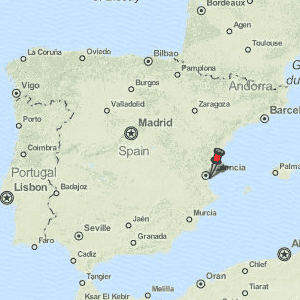Guiri: ( Urban Dictionary def.) a somewhat pejorative term for a foreigner, usually a tourist, who happens to be in Spain and stands out as being pretty obviously not a local. The term is usually used to refer to fairer-skinned people from the likes of Great Britain or Germany, but can be extended to any foreigner that is in Spain.
Whether it’s the first time you’ve heard of this word or you’re more than familiar with it thanks to your Spanish friends, rest assured, guiri is not a bad word or an insult — despite the definition above.
You could even call it a term of endearment or light mocking that you’ll hear from anyone who’s picked up on something particularly un-Spanish about you.
Some of you may say: “So what? It makes perfect sense to speak a different language and have different habits if you’re foreign. I’m proud to be a guiri!”
Others might think: “What more can I do? I’ve ditched the sandals and socks look, I don’t get sunburnt anymore and I don’t carry a large map with me everywhere!”
But if you’re one of those expats who really wants to blend in and be seen as an hijo adoptivo de España, then we have it covered.
GALLERY: How to avoid looking like a guiri.

You've ditched the sandals and socks…So what next? Photo: Francis Bourgouin / AFP







 Please whitelist us to continue reading.
Please whitelist us to continue reading.
Member comments